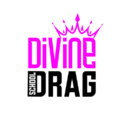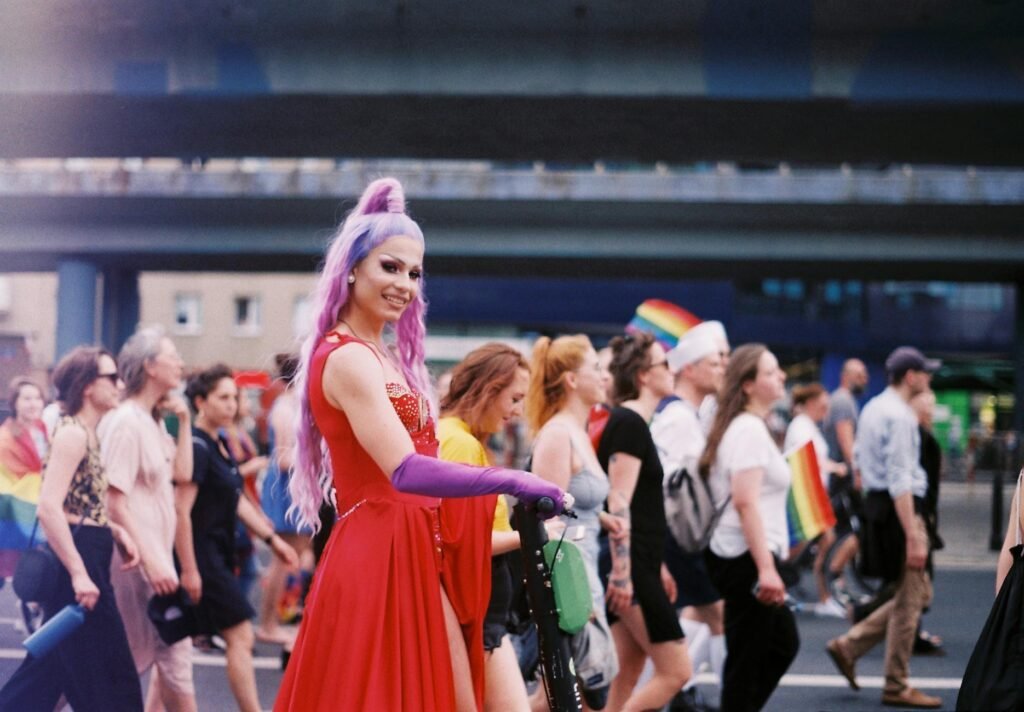The art of drag thrives when nurtured within a strong, inclusive community. Whether you’re a beginner nervously stepping into heels for the first time or a seasoned performer reinventing your style, the connections you make with other drag artists and enthusiasts can shape your journey in profound ways.
A supportive drag community offers encouragement, feedback, and collaboration opportunities that help you grow not just as a performer but as an individual. It’s a space where you can experiment creatively without fear, share resources, and celebrate each other’s successes.
Emotional Support and Encouragement
Drag can be an intimidating world to step into, especially for beginners who might feel vulnerable or unsure about their journey. A supportive community provides a safe space where you can share your fears, celebrate your achievements, and find encouragement when you need it most. Whether it’s feedback on a performance or tips for perfecting your makeup, having peers who understand the challenges of drag can be a lifeline.
Example: Many drag performers describe their drag families—groups of close friends and mentors—as crucial to their emotional well-being. These chosen families often step in to provide guidance, comfort, and even costumes for big performances.
Networking and Collaboration Opportunities
In drag, your network is your net worth. A community connects you with other artists, event organizers, and opportunities to perform. Collaboration can lead to innovative performances, new skills, and exposure to different styles of drag. It’s not uncommon for drag artists to find gigs, build friendships, or start partnerships through their community connections.
Example: Think of legendary drag collectives like the House of LaBeija, which has nurtured generations of drag artists and ballroom legends. These communities amplify individual talent by fostering collaboration and mutual support.
Learning and Skill Development
Drag is a multidisciplinary art that encompasses makeup, costuming, performance, and branding. Learning from experienced drag artists or attending workshops within your community can help you develop these skills faster than going it alone. Many communities host events or informal sessions where members share their expertise.
Example: Divine Drag School’s courses often include live group sessions and access to private online groups where participants can connect, share tips, and grow together. These spaces make learning collaborative and fun.
Exposure to Diverse Perspectives
A vibrant drag community brings together people from various backgrounds, each with unique experiences and artistic approaches. Being part of such a diverse network challenges you to think creatively, expand your artistic vision, and appreciate different styles of drag.
Example: Drag icons like Jinkx Monsoon and Trixie Mattel have credited their community experiences for broadening their understanding of drag and inspiring their innovative performances.
Building Confidence and Overcoming Challenges
Performing drag can bring up insecurities and self-doubt, but a supportive community can help you build confidence. Constructive criticism, mentorship, and affirmations from peers create an environment where you feel empowered to take risks and grow as an artist.
Example: Many beginner drag artists cite their first performances as transformative experiences, often made possible by the encouragement of their community.
Advocacy and Collective Power
Drag communities often serve as platforms for advocacy and change. By joining forces, drag artists can raise awareness about social issues, fight for LGBTQ+ rights, and support one another through challenges like legislation targeting drag performances.
Example: The recent Drag Defense Fund, supported by drag queens across the U.S., shows how collective action within the drag community can have a significant social impact.
How to Build or Join a Drag Community
- Attend Local Drag Shows: Start by supporting local performers and introducing yourself after shows. Most drag artists are friendly and welcoming to newcomers.
- Join Online Groups: Platforms like Facebook, Reddit, and Instagram host vibrant drag communities where you can connect with artists globally.
- Enroll in Courses: Programs like Divine Drag School not only teach essential drag skills but also create a network of like-minded peers.
- Participate in Competitions: Even as a beginner, competing in amateur nights or contests can help you meet others in the drag scene.
- Create Your Own Circle: Invite friends or fellow beginners to form a group where you can practice, perform, and grow together.
Final Thoughts
A supportive drag community is more than just a network—it’s a foundation for growth, creativity, and resilience. Whether you’re just starting out or looking to refine your craft, surrounding yourself with like-minded individuals can make all the difference. At Divine Drag School, we’re passionate about fostering this sense of community and helping drag enthusiasts thrive. Let’s celebrate the power of connection and continue to uplift one another in the fabulous world of drag.
Want to Get Started? If you’re ready to take your first steps into drag and connect with a vibrant, supportive community, consider joining our upcoming course, Dragtastic Beginnings. Together, we’ll create magic. Learn more here.

